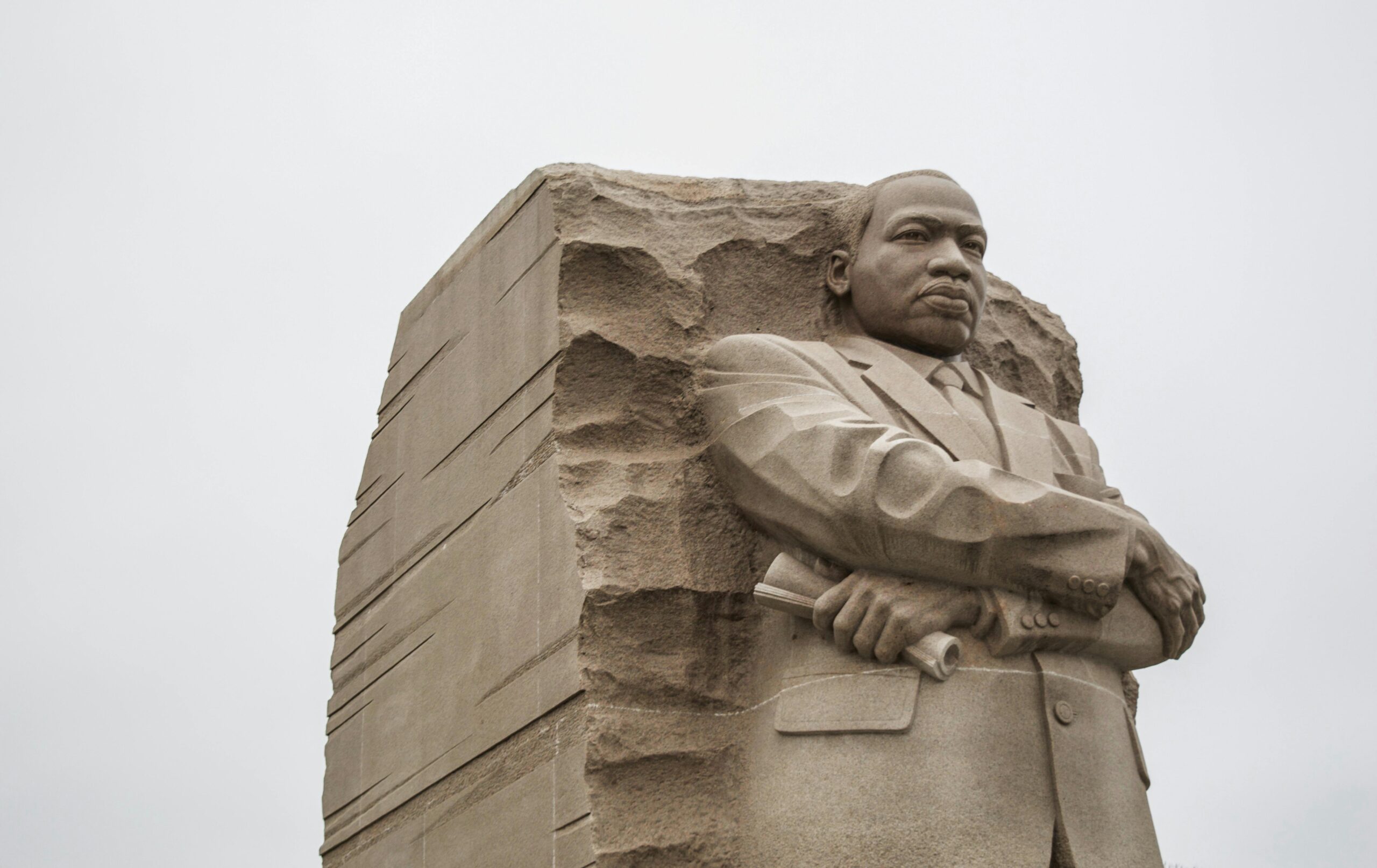On February 3rd, we celebrated National Women Physicians Day. This day was chosen to honor the birthday of Dr. Elizabeth Blackwell – the first woman to obtain a medical degree in the United States. February is also Black History Month. As young children, we learn so much about Harriet Tubman, Martin Luther King, Jr., Rosa Parks, and the long list of African-Americans who played important roles in Black History. And while I wholeheartedly appreciate all the sacrifices that were made to allow me to be a free black woman in this country, I cannot ignore the segment of black women pioneers that have allowed me to be where I am today: the black women in medicine.
Rebecca Lee Crumpler graduated from Boston University School of Medicine in 1864, becoming the first black woman to become a physician in the United States. This was at a time when many blacks were still slaves, so I am certain her degree did not come easily. I am sure her path was laid with obstacle after obstacle simply because she was black and female. Yet, she fought and paved the way for so many African-American women to enter and enjoy a field we love.
Dr. Crumpler paved the way for Marilyn Gaston’s contributions to Sickle Cell Research and the development of a newborn sickle cell screening program. Jane Cooke Wright’s cancer and chemotherapy research may not have existed without Dr. Crumpler as a pioneer. Patricia Bath may not have had the opportunity to become the first black woman to graduate from an ophthalmology residency program and to receive a medical patent for her Laserphaco probe used in cataract surgery.
Without Dr. Crumpler’s sacrifice, we may have missed out on Alexa Canady’s success as the first black neurosurgeon in our country and her exceptional work in the field of Pediatric Neurosurgery. Jocelyn Elders and Regina Benjamin may have been overlooked for the role of U.S Surgeon General, Helen Dickens may not have been the first female African American Fellow of the American College of Surgeons, Renee Jenkins would not have been the first African American president of the American Academy of Pediatrics, and Mae Jamison may not have become the first African-American woman astronaut (and physician) to travel into space had it not been for Rebecca Crumpler.
The list goes on.
While many black women have contributed to the field of medicine, currently only five percent of all physicians in the United States are black. And only two percent of all physicians are black women. Two percent. These are disheartening statistics because black women make up twenty percent of our country’s population.

Why are there so few black women in medicine?
Black women, many times, struggle with being the first in our families to graduate from high school, college, or medical school. With very few black women as physician mentors in our personal lives, many of us are left trying to figure it all out on our own. Making it through the rigors of pre-med classes, medical school, and residency is not easy without personal guidance or an example to follow.
As black women in medicine, we also face double the struggle. Medicine has long been known as a predominantly “white” and “male” field. Although this is gradually changing, it is still very much the case. Black women in medicine have to break through both racial and gender barriers. Personally, I have experienced many instances where I was not referred to as a “doctor”. I have been called “miss”, “sweetie”, “honey”, or simply by my last name. I have also been mistaken for a nurse or anyone rather than a physician (no offense to all of the awesome nurses out there!).
As the senior resident on my team during my Pediatric residency, I remember rotating with a 3rd-year medical student who happened to be a white male. Our team went into a patient’s room during our morning rounds, and the patient’s parents automatically assumed the medical student was the most senior person on the team. It is still hard for many people to picture a black woman as a physician or as the leader of a medical team.
Instances like this make it frustrating to be a black woman in medicine, and the frustration can be too much for some of us to bear.
Why we need more black women in medicine
Many black women choose and stick to careers in medicine because they are committed to serving the African-American population. Studies have shown that black patients feel more comfortable if their physician looks like them. They are also more likely to have better health outcomes.
Young black girls also need black women in medicine that they can look up to and aspire to be like. We need to be there to mentor, encourage, and set an example for the younger generation. Just being present and talking about our experiences helps these young girls to realize that they, too, can be successful in the field of medicine. It helps them to know that this can be their dream.
It is also important for black female physicians to take leadership roles in the medical community. We have unique perspectives, and we must have a voice in decisions and policy changes especially those that affect African-American women.
I am beyond grateful for the road that Rebecca Lee Crumpler took to become the first black female physician in our country so many years ago. And I am thankful for all of the black female physicians that have come after her, continuing to pave the way for future generations. The struggles and the sacrifices they went through have allowed me to be where I am today. I am encouraged to continue to pass the torch on to future black female physicians in the making.
Petra McEwan, MD, FAAP, IBCLC is a practicing Pediatrician and Lactation Consultant in South Florida, where she lives with her husband and five kids. She is also a Women in White Coats Fellow. On her website, https://www.wifeymommydoc.com, she helps working wives and moms balance their many roles. She can be followed on Instagram @wifeymommydoc.




